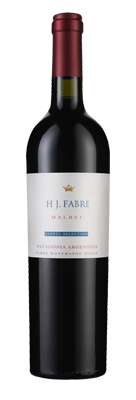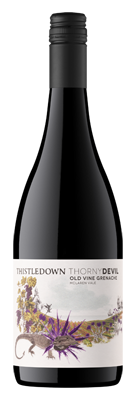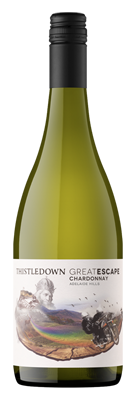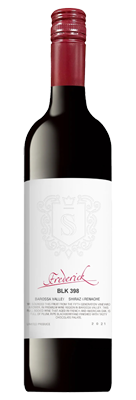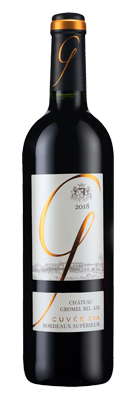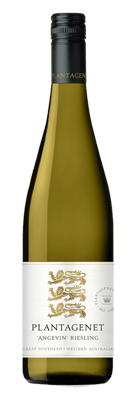Filter by
- 94pt Margaret River Chardonnay of “vibrancy and energy… Excellent wine” (Ray Jordan).$30.00 RRPfrom $27.99 when you mix 12+
- One of Spain's most invigorating styles – a very impressive white Rioja. Scintillatingly fresh.$28.00 RRPfrom $19.99 when you mix 12+
- Impressively rich, elegant and satin-smooth, a Malbec masterclass from very beautiful Patagonia.$40.00 RRPfrom $32.99 when you mix 12+
- 94pt Adelaide Hills Chardonnay from the Zonte’s team “…offering excellent drinking” (Wine Orbit).$35.00 RRPfrom $31.99 when you mix 12+
- Two-Trophy-winning Margaret River Shiraz, Cabernet Sauvignon & Malbec with high scores up to 95pts.$28.00 RRPfrom $25.99 when you mix 12+
- Bright and silky Central Otago Pinot from Invivo’s Rob Cameron. Spicy dark cherries!$32.00 RRPfrom $29.99 when you mix 12+
- Pretty "long and layered" 93pt old vine Grenache from specialists of the grape!$36.00 RRPfrom $34.50 when you mix 12+
- Super-fresh, 92pt modern-style of Chardonnay from elevated sites.$32.00 RRPfrom $29.50 when you mix 12+
- Take home a 93pt "Fabulously drinkable" (Wine Orbit) Barossa Shiraz Grenache.$50.00 RRPfrom $38.99 when you mix 12+
- Trophy-winning Caberent Franc with a heap of Golds and points from superb Bleasdale.$30.00 RRPfrom $27.99 when you mix 12+
- "Juicy and bouncy... very appealing indeed... 93pts. Great Value." (Halliday)$28.00 RRPfrom $26.99 when you mix 12+
- Generous mouth-filling GSM from a Barossa powerhouse.$24.50 RRPfrom $22.99 when you mix 12+
- Hentley Farm Mataro: a beast from the Barossa.$24.50 RRPfrom $23.99 when you mix 12+
- A succulent 94pt Sangiovese from Clare Valley’s dynamic Claymore Wines team.$29.99 RRP$21.99 when you mix 12+
- Food-friendly 95pt McLaren Vale Grenache from a 5-star winery.$42.00 RRPfrom $42.00 when you mix 12+
- Triple-Gold, impressively rich, right Bank Bordeaux from Fronsac and a legendary vintage.$38.00 RRPfrom $25.99 when you mix 12+
- A delightful, crisp Picpoul de Pinet from the Alcaraz family cellar, a stone’s throw from the Med.$40.00 RRPfrom $29.99 when you mix 12+
- Gold-medal, 90pt Langhorne Creek Cab from cricket legend Ricky Ponting & award-winning Ben Riggs.$25.00 RRPfrom $23.99 when you mix 12+
- 92pt, Great Value, juicy Hunter Valley Shiraz harvested early to capture maximum freshness.$28.00 RRP$18.99 when you mix 12+
- A 94pt"Riesling of substance and balance". The Adelaide Hills are alive with the taste of Riesling!$33.00 RRPfrom $28.99 when you mix 12+
- 93pt “Ripe, plush, weighty" (Halliday) Cab. Malbec from Hungerford Hill’s talented Bryan Currie.$50.00 RRPfrom $39.99 when you mix 12+
- 97pt Cabernet Shiraz distinguished Aussie classic blend from Wrattonbully.$50.00 RRPfrom $37.99 when you mix 12+
- Silky, yet textural Pinot Noir with savoury notes and spice from cool climate Tumbarumba.$80.00 RRPfrom $55.99 when you mix 12+
- Lively 93pt Single Vineyard Riesling from remote Great Southern.$34.00 RRPfrom $28.99 when you mix 12+



